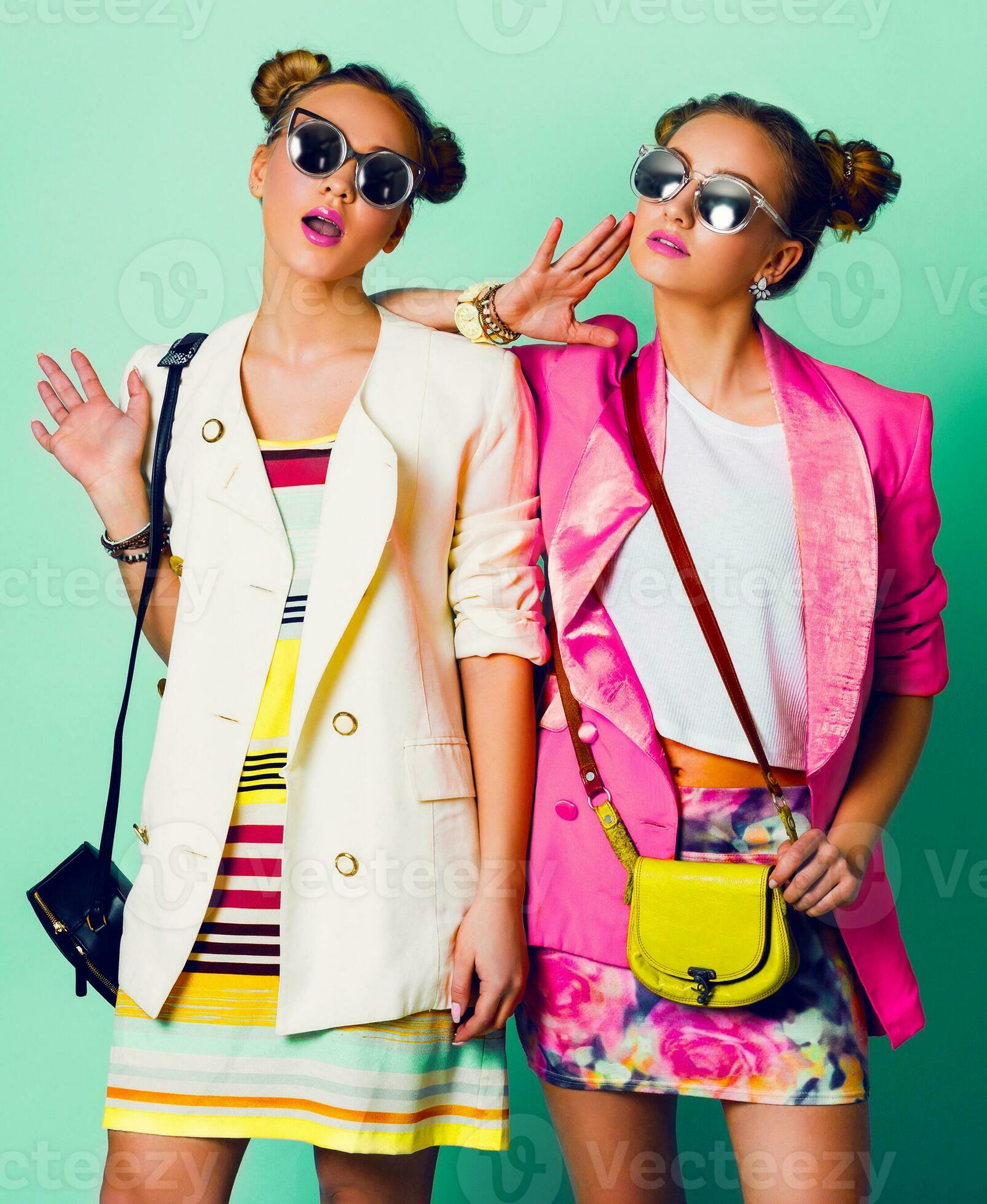Fashion Psychology delves into the intricate relationship between what we wear and how we behave, revealing the profound influence clothing exerts on human psychology. This article provides a comprehensive exploration of Fashion Psychology: Understanding the Influence of Clothing on Behavior, shedding light on the nuanced ways attire shapes our thoughts, emotions, and actions.
Fashion Psychology, a burgeoning field at the intersection of psychology and fashion, investigates the profound impact of clothing choices on human behavior. Let’s delve into the multifaceted aspects of this intriguing subject.
The Power of First Impressions
Clothing serves as a powerful tool for making first impressions. The attire we choose communicates volumes about our personality, status, and intentions, shaping initial perceptions in social interactions. Studies show that within seconds of meeting someone, individuals form judgments based on clothing, highlighting the significance of sartorial choices in impression management.
Emotional Expression Through Attire
Fashion provides a canvas for emotional expression, allowing individuals to convey their feelings, moods, and identities through clothing. Whether opting for vibrant hues to express joy or donning somber tones during periods of melancholy, attire serves as an extension of emotional states, enabling individuals to communicate non-verbally with the world.
Self-Perception and Confidence
The clothing we wear not only influences how others perceive us but also impacts our self-perception and confidence levels. Dressing in attire that aligns with our self-concept enhances confidence and self-esteem, empowering individuals to navigate social situations with poise and assurance. Conversely, ill-fitting or incongruent clothing can undermine confidence and contribute to feelings of self-doubt.
Cultural Significance of Dress
Clothing holds profound cultural significance, reflecting societal norms, values, and traditions. Different cultures attribute varying meanings to attire, with specific garments symbolizing rites of passage, religious beliefs, or social hierarchy. Understanding the cultural context of dress is essential for interpreting its psychological implications accurately.
Influence of Fashion Trends
Fashion trends exert a considerable influence on consumer behavior and psychological well-being. The pursuit of trendy attire stems from a desire for social acceptance and belonging, with individuals often conforming to prevailing fashion norms to feel connected to their peers. However, excessive emphasis on trends can lead to a loss of individuality and contribute to feelings of inadequacy.
Psychological Impact of Color
Color psychology plays a pivotal role in fashion, influencing perceptions, emotions, and behaviors. Each color evokes distinct psychological responses, with red symbolizing passion and energy, blue conveying tranquility and trustworthiness, and yellow exuding optimism and warmth. Understanding the psychological effects of color empowers individuals to make intentional clothing choices aligned with their goals and aspirations.
Body Image and Self-Esteem
Clothing significantly influences body image perceptions and self-esteem, particularly in a society inundated with idealized beauty standards. Illusionary clothing techniques, such as slimming silhouettes or strategic tailoring, can impact body image perceptions, fostering either positive or negative self-evaluations. Promoting body positivity and inclusive fashion practices is crucial for nurturing healthy self-esteem.
Environmental and Ethical Considerations
Beyond personal psychology, fashion choices also intersect with environmental and ethical concerns. Sustainable fashion initiatives aim to minimize the industry’s environmental footprint and promote ethical labor practices, encouraging consumers to make mindful clothing choices that align with their values. By prioritizing sustainability and ethical production, individuals can contribute to a more equitable and eco-conscious fashion landscape.
Conclusion
Fashion Psychology offers a captivating lens through which to explore the intricate interplay between clothing and human behavior. By understanding the psychological nuances of attire, individuals can harness the transformative power of fashion to express themselves authentically, cultivate confidence, and navigate social interactions with grace and intention.
